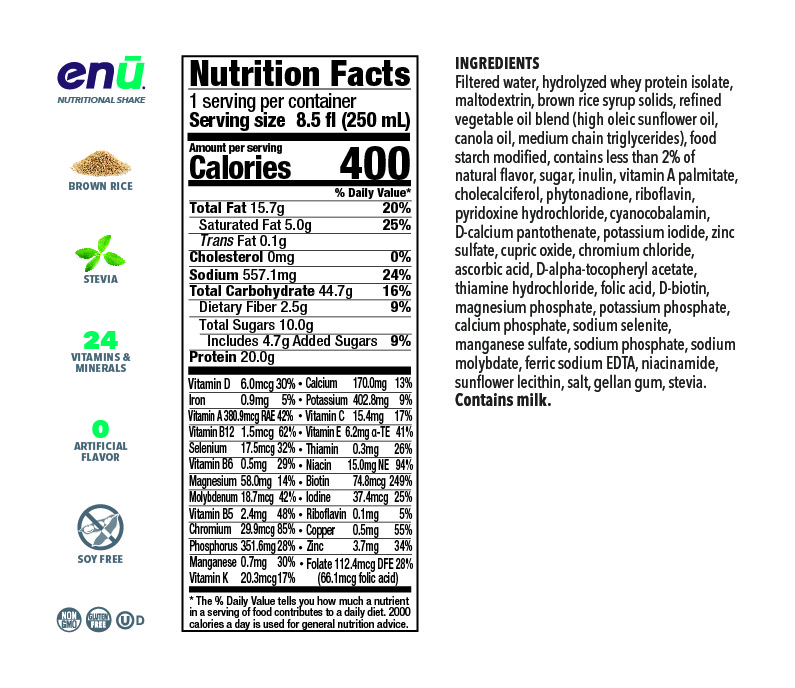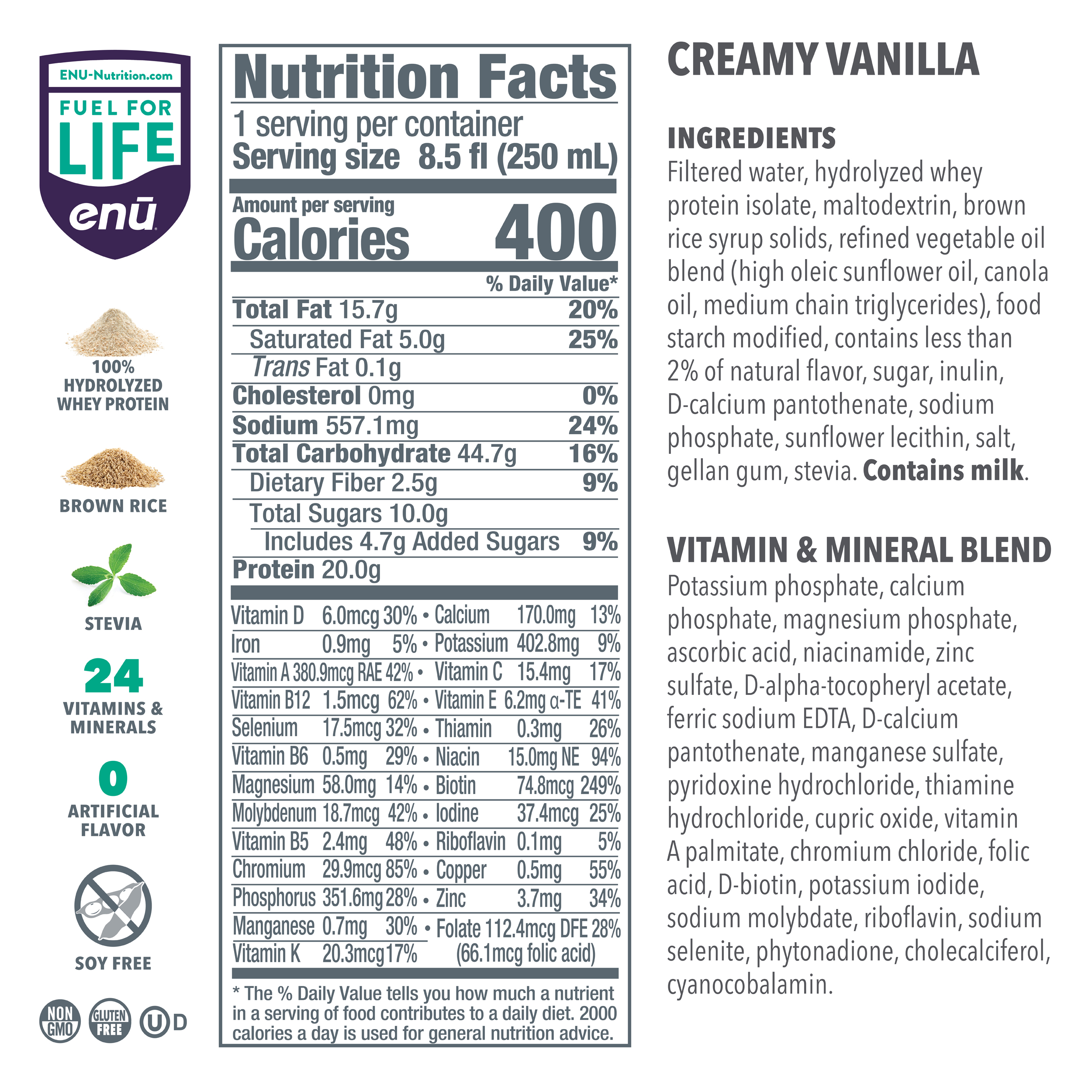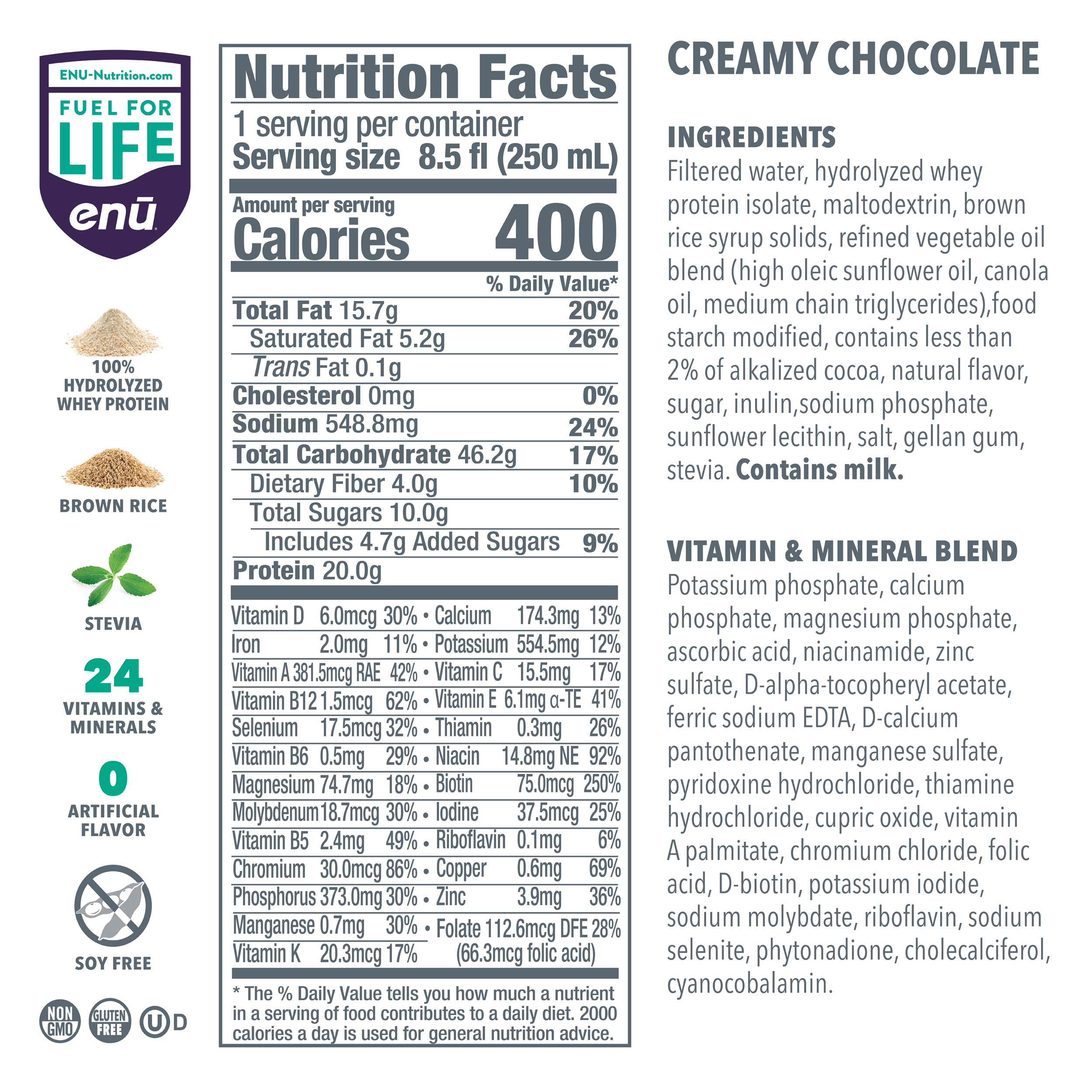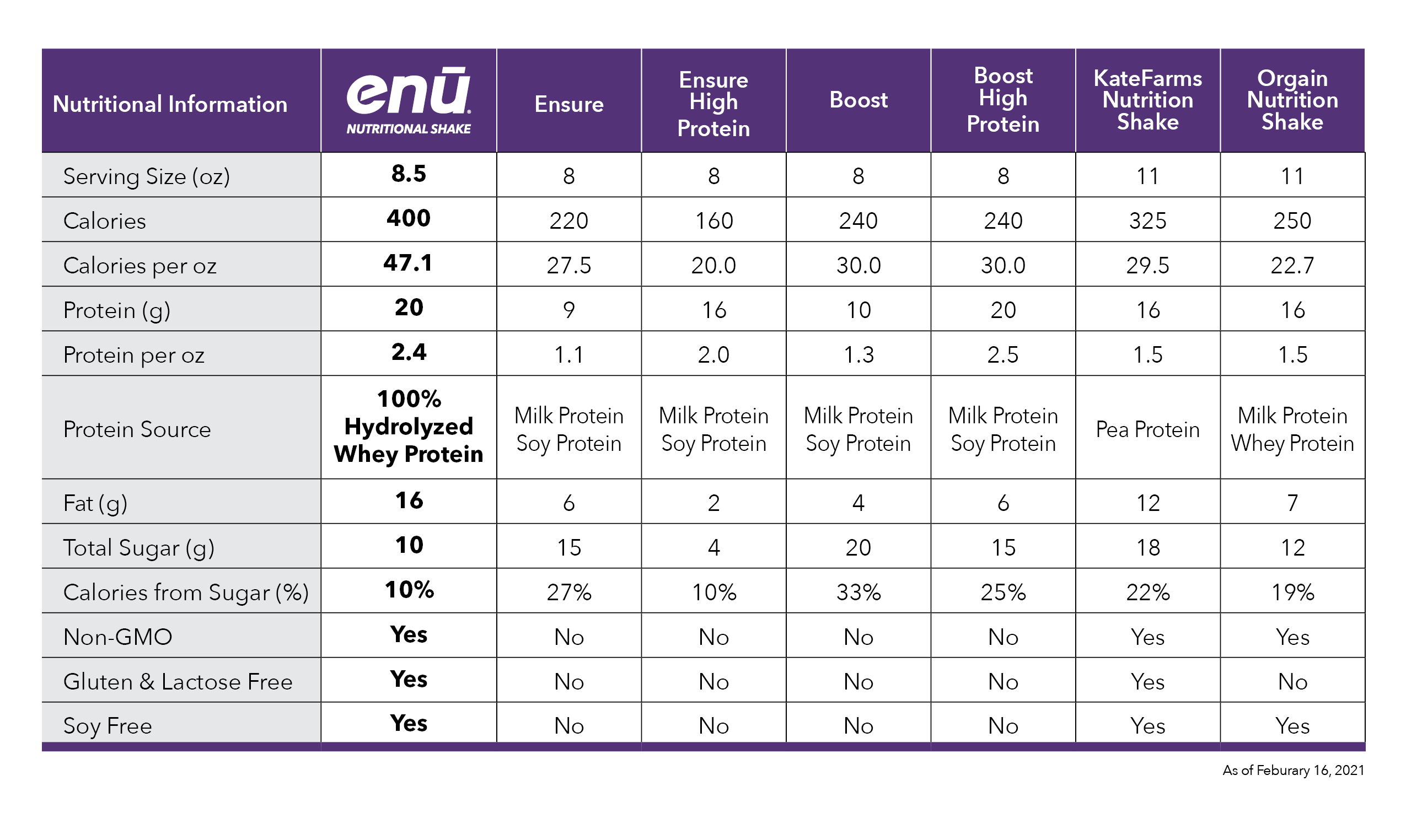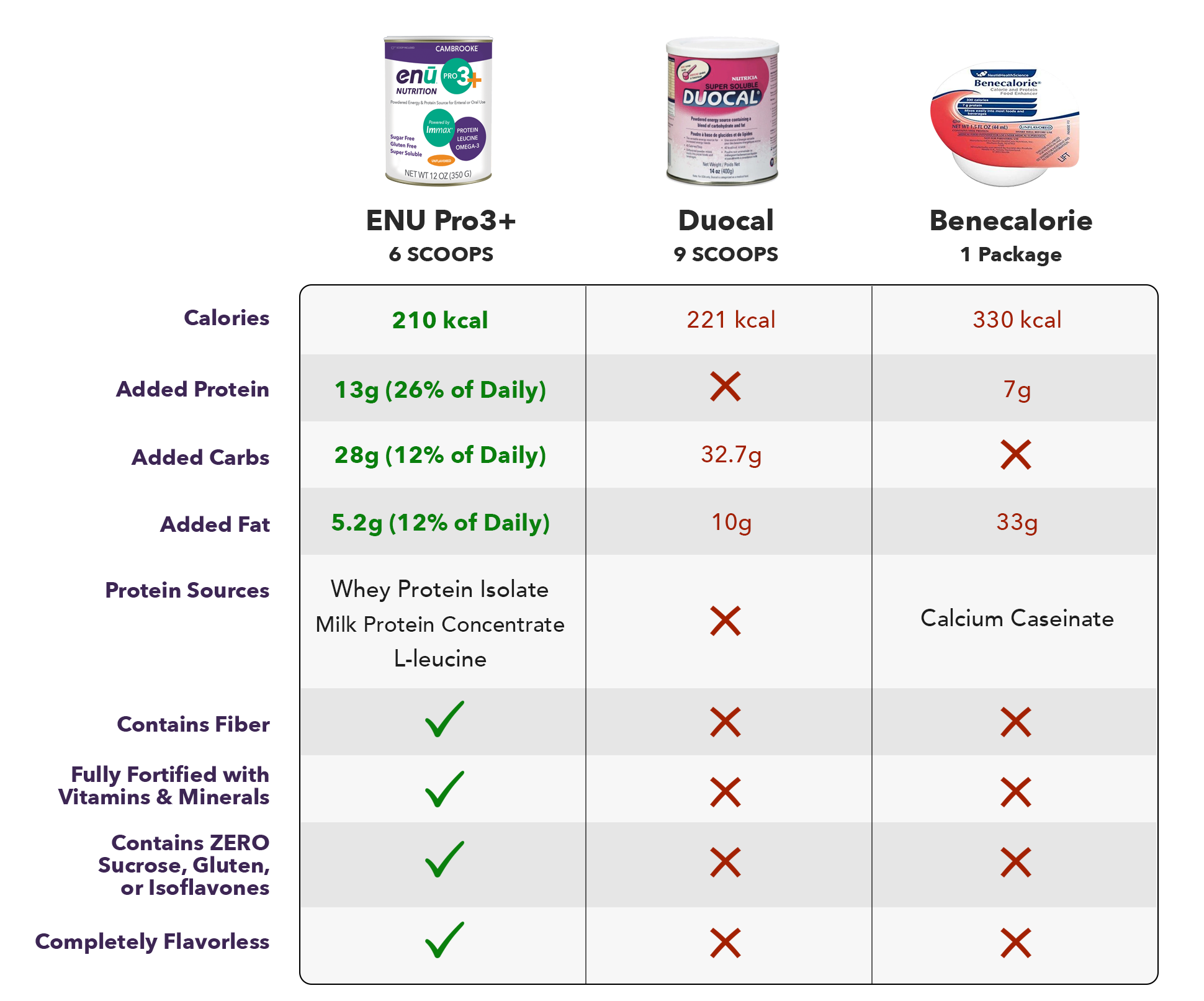
Get a FREE
ENU Intro Pack*
*Just Pay $2.00 Shipping

Why Am I Losing My Appetite?
For most of us, appetite and hunger are key factors in deciding when and what we eat, so changes to one or the other can quickly lead to things like unwanted weight loss or gain, reduced energy, and other health issues. If left to continue, a loss of appetite can become a big problem, so figuring out the cause of this development and finding ways to restore your appetite are important steps that must be taken to ensure you can properly manage your weight. However, it can sometimes be difficult to figure out why you are losing your appetite, even with the help of a doctor, dietician, or other medical professional. If you’ve recently found yourself asking, “Why am I losing my appetite?”, then continue reading as the team at ENU discusses this important topic.
The Dangers of Losing Your Appetite
Thanks to the attention focused on the desire to lose weight, there are many people who would likely welcome a reduction in appetite or lack of hunger. Unfortunately, this development can represent a significant danger to a person’s health, regardless of whether it might help someone lose weight. Some of the dangers associated with appetite loss, especially in the long term, include the following:
Constant Fatigue
Our bodies rely on the food we eat for energy, so the reduction in food consumption that tends to accompany a loss of appetite often leads to chronic fatigue. This is not only the result of a reduced calorie intake but also a lack of key nutrients, such as vitamins, that aid in energy production in the body.
Severe Weight Loss
There’s the kind of weight loss that comes from a healthy diet and exercise, and then there’s the kind that comes from a health issue, like a loss of appetite. If you find yourself losing weight at an extreme rate, talk to your doctor right away, as it could quickly lead to malnutrition.
Rapid Heart Rate
When you’re not eating enough, your body’s probably not getting enough electrolytes – minerals in the body that conduct electricity and balance hydration. The lack of these nutrients can affect the electrical impulses governing your heart rate, leading to a fast heartbeat.
More Frequent Infections
To fight off an invasion by a foreign germ, your body needs resources. When you lose your appetite and stop eating enough food, the lack of supplies could leave your immune system unable to effectively fight off an infection.
Changes in Mood
We’ve all interacted with someone who was grouchy because their blood sugar was low; imagine how great an impact there could be on your mood if you stop eating because you lost your appetite. In addition to irritability, a loss of appetite could lead to feelings of depression or an inability to focus your thoughts.
Possible Reasons Why You Are Losing Your Appetite
Because a person’s appetite can be affected by many factors, including both physical and mental ones, it can be tough to nail down the exact cause of someone’s appetite loss. However, there are some culprits that are more common than others and could be the reason why you are losing your appetite. Below are a few of the most frequent causes of appetite loss:
Infections
Ironically, infections are both a possible cause of appetite loss and a potential complication. If you have been battling an upper respiratory infection, skin infection, the flu, or any other type of infection, it’s possible that it is what led to your loss of appetite. If so, treating the infection with medication may help improve your level of hunger.
Cancer and Its Treatments
Several kinds of cancer can have an effect on appetite, especially those located in the colon, pancreas, stomach, or ovaries – part of why nutritional support for cancer patients is so important. And as if that weren’t bad enough, the treatments used to fight cancer can have that effect as well, including chemotherapy, immunotherapy, and radiation.
Mental Illnesses or Stress
Those afflicted with depression, anxiety, anorexia, or some other mental illness often lose interest in food, and the same can be said about those subjected to inordinate amounts of stress. Treating your illness with therapy and medication or reducing the amount of stress in your life could improve your appetite.
Digestive Issues
It probably comes as no surprise that changes to the digestive system can affect your appetite. These issues can be temporary, such as an upset stomach or food poisoning, or they can be the result of a serious illness, like Crohn’s disease or ulcerative colitis. Whatever the nature of your problem, discuss it with your doctor if it’s causing you to lose your appetite for an extended period of time.
Side Effects of Medications
Part of why so many prescription medications come with long lists of side effects is that different people can have significantly different reactions to the same drug. If you’re on certain antibiotics, serious painkillers like morphine, or chemo drugs, those medications could be playing a role in your loss of appetite.
Nutritional Shakes and Powders Available to Help Manage Appetite Loss
Though they may not be able to make your appetite return, the meal replacement shakes and powdered nutritional supplements available from ENU can make it easier to get the nutrients you need, even if you don’t feel like eating. To learn more about how these products can help if you are losing your appetite, visit ENU online or call us today at (855) 266-6733.




